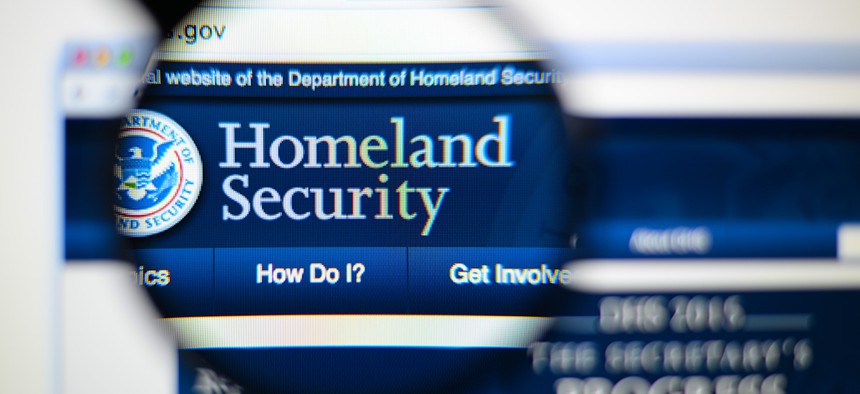DHS Showcases Bluetooth Tech at RSA

Gil C/Shutterstock.com
DHS’ cyber research division looks for technology the private sector will use but might not develop on its own.
The Homeland Security Department’s cyber research division has two goals when it attends the RSA cybersecurity conference in San Francisco: Show off government-funded products industry might want and find out what industry is doing so DHS doesn’t invest in the wrong things.
“We try to do things that are not only beneficial to the government but can also be applied outside because these types of technologies need to have a commercial viability,” said Vincent Sritapan, program manager in the DHS Science and Technology Directorate’s cyber division. “We’re not looking for the government to pay for something forever.”
At the same time, Sritapan said, DHS doesn’t want to invest in technologies the market is already on track to create on its own.
» Get the best federal technology news and ideas delivered right to your inbox. Sign up here.
Sritapan was at RSA showing off a new Bluetooth-enabled mobile thin client developed by the company Hypori with DHS funding. That basically means a person using the Hypori tool can click into an app on her phone or tablet and connect to a totally separate set of apps and information stored in a data center or computer cloud, not leaving any information on the phone itself.
Hypori developed the initial tool with funding from the Air Force Research Laboratory and it’s being used by some Defense Department and intelligence agencies now as well as several highly regulated industries, Hypori executive Sanjay Challa said.
Sritapan’s division chipped in to connect the device to Bluetooth.
One possible government use, he said, would be using the tool to share sensitive information with state and local emergency responders during a crisis. Because those people are likely to be spending a lot of time on the move, Bluetooth capability would be a major advantage, he said.
And the federal government wouldn’t have to worry about any of its sensitive data remaining on partners' phones once the crisis ended.
“We can’t afford to give everyone a phone and then worry about how do I retrieve it back from them,” Sritapan said. “We’re looking at ways to can we give them secure access that’s very tailored and they can use their own device.”
The Hypori tool was one of a dozen the Science and Technology Directorate was promoting at RSA this week.
NEXT STORY: Video: How to Check Your Wi-Fi Speed






